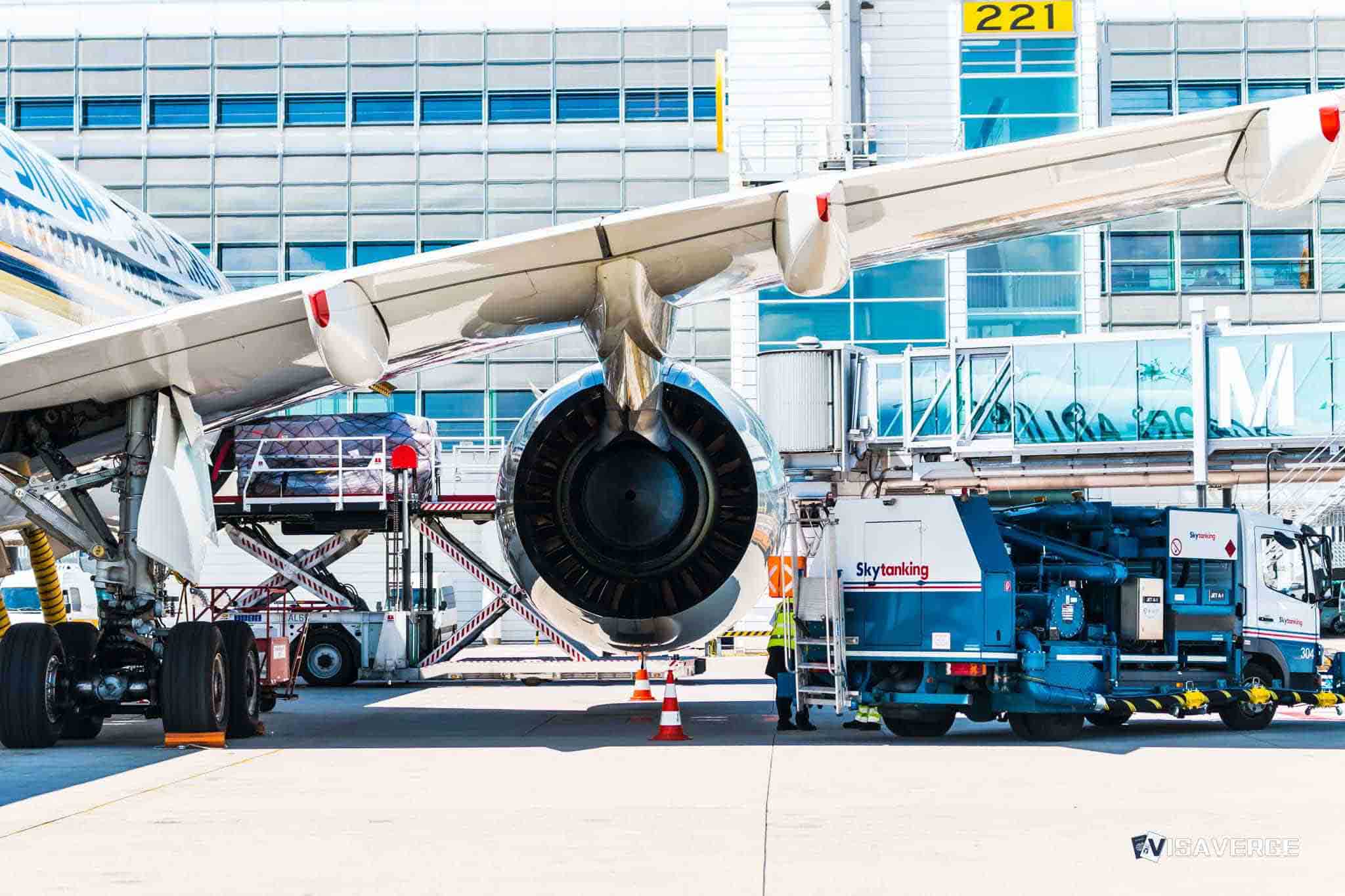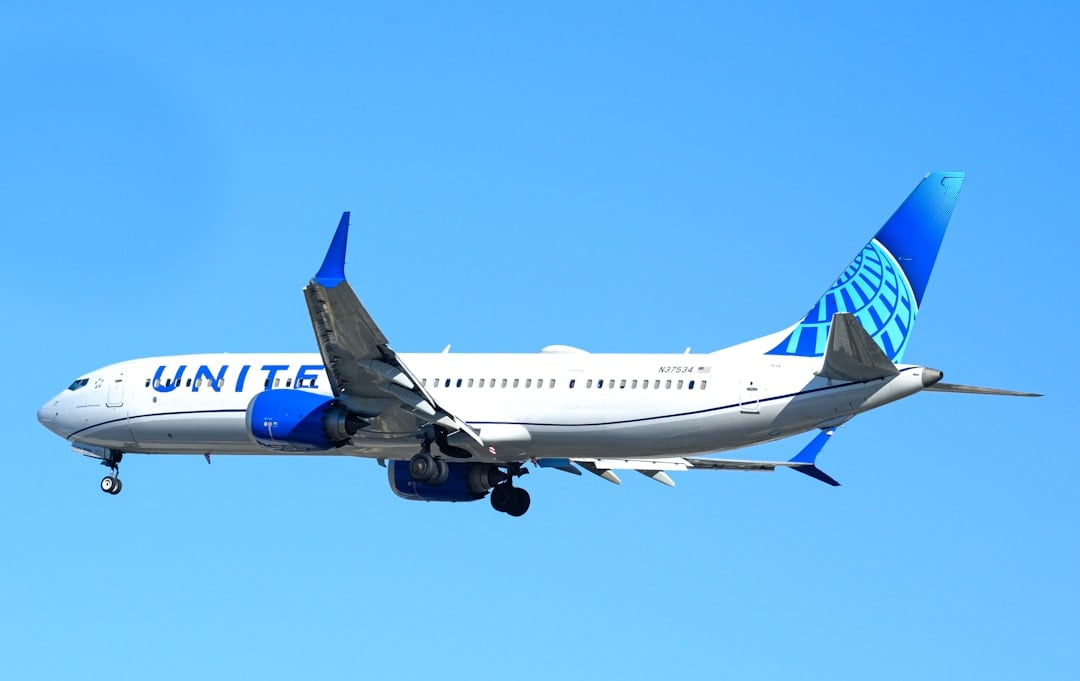Argentum Airways, the new airline formed by Wexford Capital, is moving to restore regional flights in Alaska with an ATR 42-600 turboprop based in Anchorage, aiming to start service in late 2025. The company is seeking expedited U.S. Department of Transportation (DOT) approval to shorten delays and protect jobs after Silver Airways’ June 2025 shutdown.
Argentum filed its Alaska operating plan with the DOT on July 23, proposing one aircraft at launch and a second ATR later in 2025. The plan relies on the former Silver Airways DOT and FAA authorities transferred after bankruptcy court approval on June 19. Leaders say this approach allows a faster restart using proven systems and crews.

What’s changing now
- One ATR 42-600 turboprop will be positioned in Anchorage as the first step.
- The company has asked the DOT to waive the standard 45-day notice to speed up flights.
- Service is expected to begin in late 2025, pending approvals.
- A second ATR is planned before year’s end if early operations stay on track.
Adam Scott, Argentum’s founder and CEO, leads a management team that includes former Silver executives and veterans of Wexford-backed carriers Sterling Airways and Aleutian Airways. In regulatory filings the team says: “We want to get communities flying again and bring people back to work,” arguing that delays risk losing pilots, mechanics, and ground staff to other employers.
Why this matters for Alaska
Many Alaska communities depend on short flights for healthcare, school travel, groceries, and mail. Roads can be seasonal, and weather changes fast. When Silver Airways collapsed on June 11, 2025, it left gaps that hurt families and small businesses.
Argentum’s plan to start from Anchorage with the ATR 42-600 aims to rebuild crucial links while keeping costs predictable. The ATR’s short field performance and fuel efficiency suit Alaska’s terrain and shorter routes.
Corporate and operational structure
Argentum is not yet a full operating airline but a corporate vehicle designed to acquire Silver’s assets and resume service under the “Argentum Airways” name. That structure lets the company combine experience, certificates, and staff into one focused restart.
Industry analysts note this mirrors common airline reboot playbooks:
– Acquire a defunct carrier’s assets
– Retain operating authority
– Relaunch with a small, nimble fleet to test demand and improve reliability
How the restart process works
- Asset acquisition: On June 19, 2025, bankruptcy court approval allowed Wexford’s entity to acquire Silver Airways’ assets, including aircraft and regulatory certificates.
- Regulatory filings: Argentum filed with the DOT to reflect ownership changes and submitted a detailed Alaska operating plan on July 23.
- Expedited approval request: The company asked the DOT to waive the 45-day notice to avoid service gaps and keep staff employed.
- Aircraft positioning: One ATR 42-600 will be placed in Anchorage first; a second ATR is planned later in 2025.
- Service launch: Targeted for late 2025, once DOT review is complete.
According to analysis by VisaVerge.com, quick regulatory decisions can help communities by cutting time without air links, but they also require solid safety and readiness checks so service remains dependable once flights begin.
The people behind the plan
- Owner: Wexford Capital LP
- CEO: Adam Scott
- Management: Former leaders from Silver Airways and other Wexford-backed operations, including teams with Alaska experience (Sterling Airways, Aleutian Airways)
Their Alaska background matters. Operating in Alaska requires local knowledge of weather, remote airfields, and community needs. The team’s earlier work in the state suggests familiarity with the risks and operational rhythms of these routes.
Voices and concerns
Aviation observers say the strategy is sound but warn that reliability and affordability will decide success. Silver Airways struggled with these issues before it shut down.
- If Argentum delivers strong on-time performance, clear schedules, and steady fares, trust can rebuild quickly.
- If not, communities may turn to charters or competing services.
For displaced workers, the expedited request brings hope. Mechanics, pilots, and customer service staff often hold specialized qualifications tied to specific aircraft and certificates. Long gaps push them to relocate, raising recruitment and training costs. A faster restart could keep talent in Alaska.
“A faster restart could keep talent in Alaska and reduce training costs,” regulatory filings argue, emphasizing the need to avoid losing qualified staff.
Impacts on families, businesses, and tourism
- Families: Easier travel for medical visits, school events, and emergencies.
- Small businesses: More reliable shipping and travel for supplies, parts, and customers.
- Tourism: More predictable flights for guides, lodges, and cruise connections.
- Government & non-profits: Better access for health workers, educators, and emergency responders.
What route networks could look like
Argentum hasn’t announced exact routes, but an Anchorage base and ATR 42-600 range suggest short-haul hub-and-spoke links. The company may later tie Alaska operations to Caribbean or East Coast partners inherited from Silver’s footprint, but that depends on performance and demand.
Any cross-network moves will need to balance:
– Crew availability
– Maintenance capacity
– Aircraft utilization and scheduling
Policy and process notes readers should know
- DOT oversight: The DOT reviews ownership, fitness, and public interest factors before approving changes and schedules. Check updates on the DOT website by searching Argentum filings in public dockets.
- FAA standards: Even with transferred authorities, Argentum must show that safety systems, manuals, training, and maintenance remain robust.
- Timing: Expedited approval is possible but not guaranteed. Communities should plan for late 2025 starts and watch for schedule announcements only after the DOT decision.
For official, real-time regulatory updates on licensing and economic authority for U.S. airlines, consult the DOT’s Air Carrier Authority information on the U.S. Department of Transportation website.
What you can do now
- Communities: Gather letters of support showing demand for specific routes, medical travel needs, and school or cargo patterns. These help shape schedules.
- Workers: Keep current on medicals, type ratings, and recurrent training. If you worked at Silver, prepare documents showing qualifications that align with ATR operations.
- Travelers: Track price trends on competing carriers and charters. Early bookings may be limited; flexible dates can help.
- Local businesses: Share seasonal demand data with the carrier, including fisheries, tourism peaks, and school calendars.
Key facts at a glance
| Item | Detail |
|---|---|
| Ownership | Wexford Capital LP; trade name “Argentum Airways” |
| Leadership | CEO Adam Scott; team includes former Silver and Wexford-backed airline executives |
| Aircraft | ATR 42-600 turboprop, Anchorage-based; second ATR planned in 2025 |
| Status | DOT approval pending; expedited review requested |
| Target launch | Late 2025, contingent on regulatory sign-off |
Context and outlook
Silver Airways once held a strong regional position in Florida and the Caribbean before ceasing operations on June 11, 2025. Its collapse left gaps in those markets and in Alaska. Wexford stepped in with capital, experience, and an Alaska-tested network mindset.
If the DOT grants the waiver and the company executes well, Alaskans could see steady service restored before winter deepens. If approval takes longer, Argentum risks crew drift, higher costs, and community frustration. The ATR 42-600’s strengths—short runway performance and fuel efficiency—can help, but only if matched with tight maintenance and realistic winter schedules.
Bottom line for Alaskans
- Expect cautious growth: one aircraft first, then a second.
- Watch for firm route announcements only after DOT decisions.
- Reliability and fair fares will decide whether Argentum becomes a long-term partner for Anchorage and beyond.
For now, the plan is clear: start small, prove reliability, and expand carefully to meet Alaska’s needs.
This Article in a Nutshell








